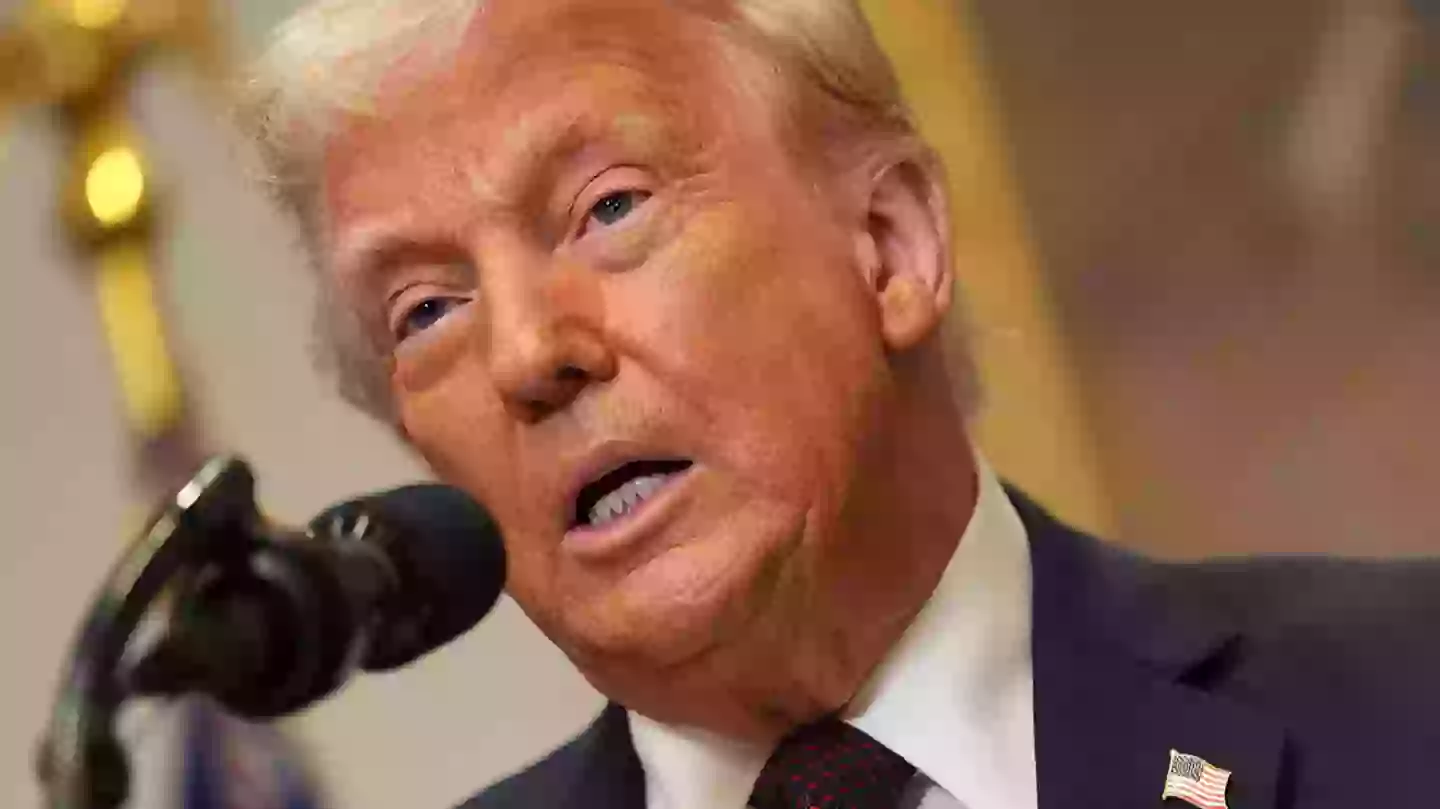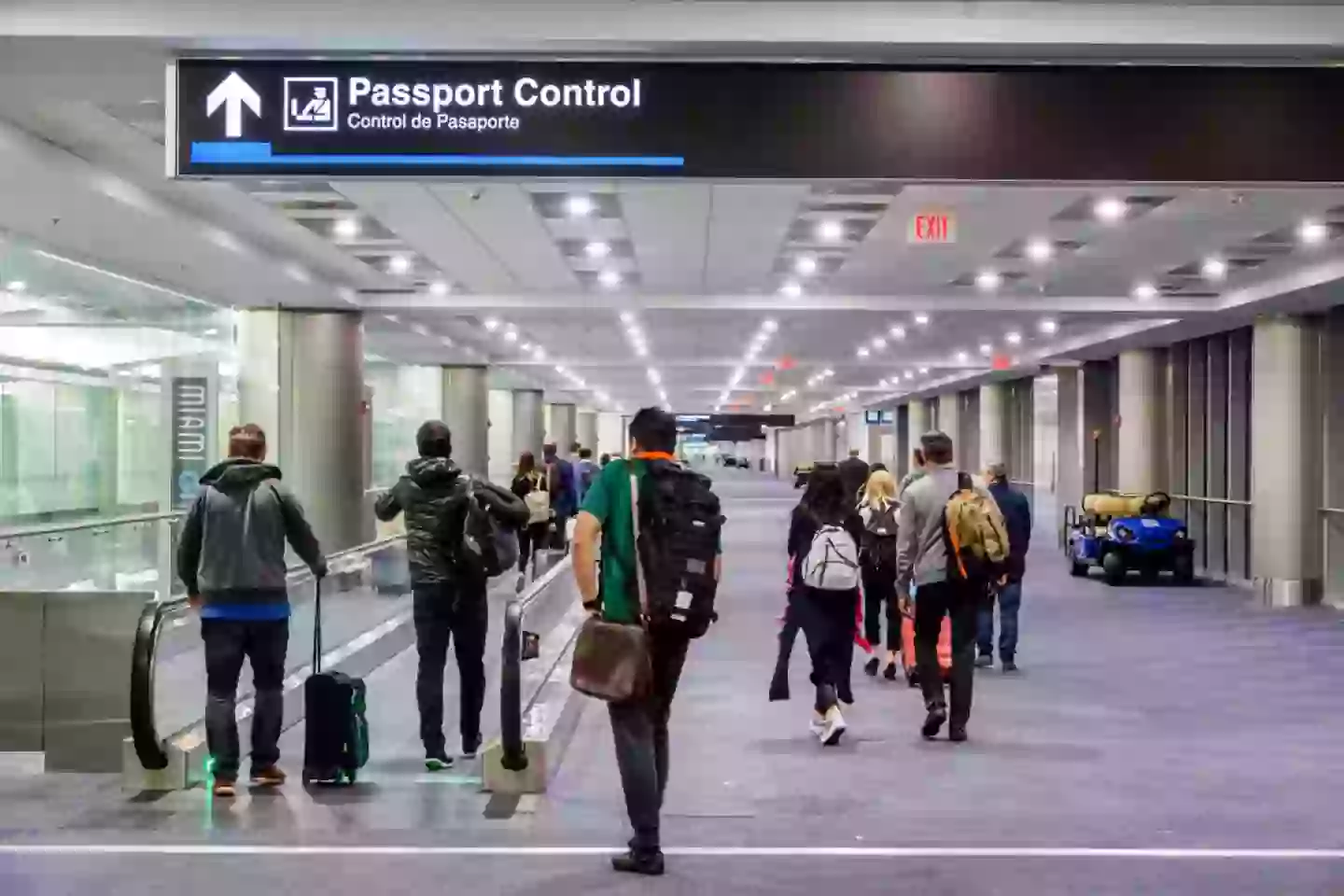
Topics: Politics, US News, Travel, Donald Trump
To make sure you never miss out on your favourite NEW stories, we're happy to send you some reminders
Click 'OK' then 'Allow' to enable notifications
Tourists hoping to vacation in America from 22 of the 43 countries where natives may have difficulty getting through passport control in the US, have received a major boost.
The State Department have issued an update on the plans to ban foreign nationals from traveling to the US, after missing the deadline set in President Donald Trump's executive order he signed on his first day back in the Oval Office, January 20.
It was titled 'Protecting the United States from foreign terrorists and other national security and public safety threats', and it gave federal workers up to 60 days to compile a lengthy report on countries where nationals will need screening and vetting.
Advert
As of March 21, the official deadline was missed.
Now, spokesperson for the department, Tammy Bruce, said yesterday (March 31) that staff are still working towards completing the report.
"I can tell you that we’re working on what the executive order asked for, which is not travel bans of course but the nature of restrictions from other countries if – whether or not they meet the standard of security and vetting that’s required for entry into the United States," she explained to reporters.
Bruce detailed how the it has been delayed indefinitely, adding: "Again, because there’s not a date, it doesn’t mean that it’s not being worked on. So we are all working to implement what President Trump has ordered."
Advert

Trump's proposed sweeping ban against natives of 43 countries includes a traffic light system - all travel banned, Visas sharply restricted, and countries that have 60 days to address concerns... although the latter currently has an indefinite amount of time to get back to the State Department.
Those 22 countries on the list were ordered to comply with requests to provide the US with information about travelers that intend to arrive in the country, as well as those that are already present.

UNILAD has contacted the State Department for comment.